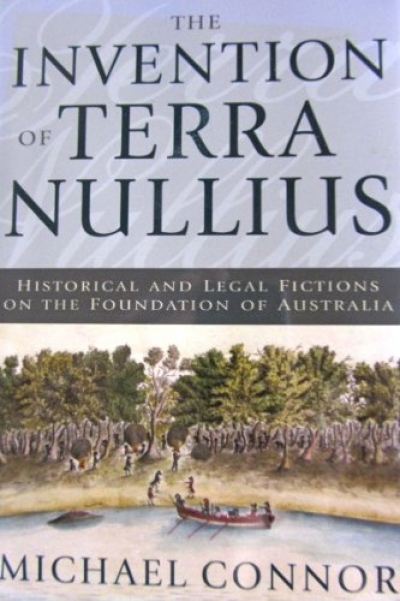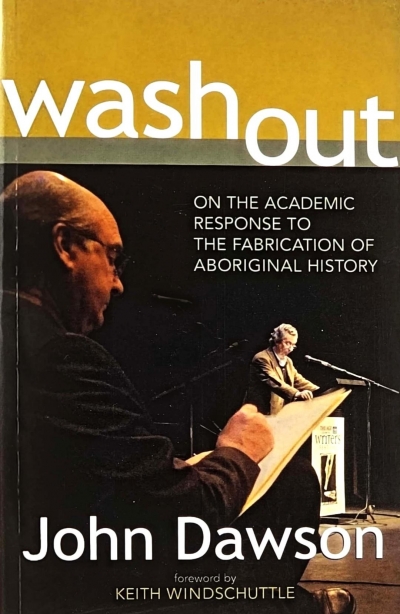Macleay Press
The Invention Of Terra Nullius: Historical And Legal Fictions On The Foundation Of Australia by Michael Connor
by Ann McGrath •
Washout: On the academic response to the fabrication of Aboriginal history by John Dawson
by Robert Manne •
The Multicultural Experiment: Immigrants, refugees and national identity edited by Leonie Kramer
by John Lack •
Corrupting The Youth by James Franklin & The Philosophy Of Sir William Mitchell (1861–1962) by W. Martin Davies
by Tamas Pataki •
The Fabrication of Aboriginal History: Volume one, Van Diemen’s Land 1803–1847 by Keith Windschuttle
by Tim Rowse •





